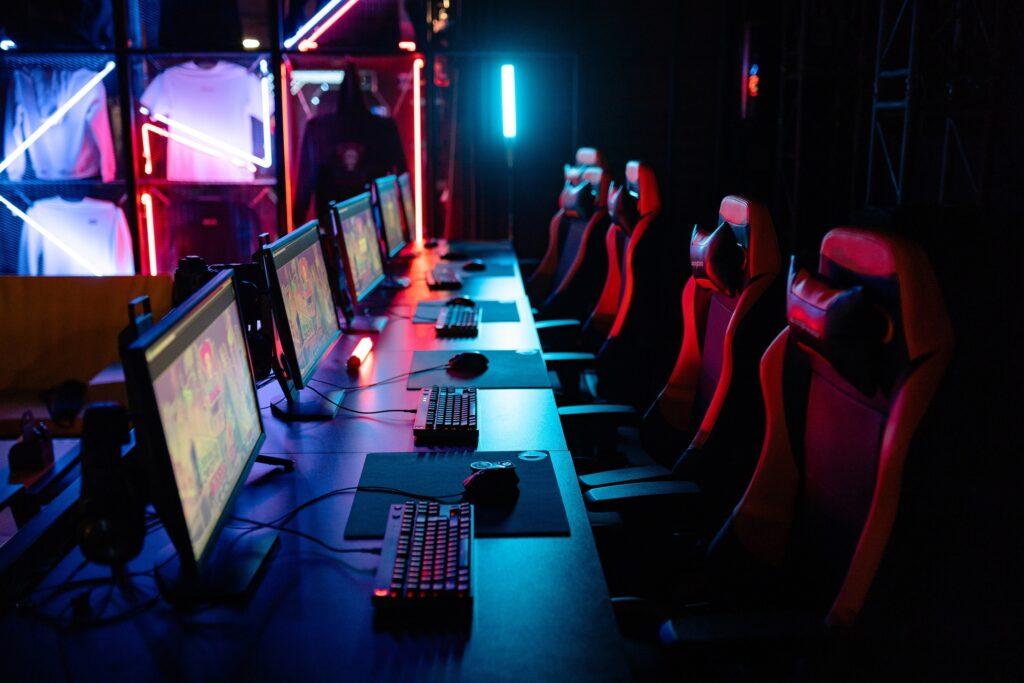Many believe esports is in need of change, and evidence of this can be found by putting Counter-Strike: Global Offensive under a microscope. A group of well-to-do organisations – the likes of Cloud9, Immortals Gaming Club, and OverActive Media – came together earlier this year to take a stand against the current state of affairs.
Ejecting their teams from the ESL Pro League, which was undoubtedly the biggest ongoing competition of its type in terms of viewership, eight organisations each committed millions of dollars to start Flashpoint – a league that prioritises “sustainability and prosperity” by delivering “differentiated content and storytelling.”
Flashpoint is dubbed as the first team-owned league in CS:GO, but it’s not the only of its kind. In April, seven teams from across Portugal and Spain came together – alongside event organiser CABAL esports – to establish their own competition, the One Tap League.
Much like the teams that came together to challenge the status quo with Flashpoint, the founding partners of One Tap League felt that the Iberian region needed something new to really elevate its domestic scene – both locally and internationally.

“In October of last year, we decided to start a competition,” Jose R. Diaz, CEO and Co-owner of Vodafone Giants, told Esports Insider. “After a long time talking about it some clubs did not agree with the rules established in our national competition circuit, so we considered that the time had come to create something sustainable for us for the medium-to-long-term.”
Taking control of your own competition is far from an easy or inexpensive undertaking, but CS:GO is notorious for the lack of return it provides for most, if not all, organisations. High wages for players and often-unfavourable revenue shares render it a tall task to make a profit on signing and maintaining a high-level team. Some teams grew tired of accepting the norm of investing heavily now with the promise of a profit coming down the line, so they’re taking a risk. If they can establish a model that’s fruitful for all then, frankly, they will have done a huge favour for all relevant stakeholders by separating themselves from the pack.
“We are looking to create a format that is sustainable over time for the teams, our partners, and players – also, at the same time, we are sure that CS:GO gives the opportunity to create innovative formats that attract more fans,” said Diaz. “That’s why we created One Tap League.”
Both Flashpoint and One Tap League are doing something new when it comes to CS:GO, and that means that the results of such endeavours are up in the air. In theory, building entertainment products that simultaneously stand out and address areas that are believed to be fundamental flaws seems like a recipe for success. Realistically, however, it’s a case of a scrappy, young league attempting to take down a long-standing, established giant. Nobody can know how this will play out.
“Only time will tell [how beneficial the league will be],” said Diaz. “We were at a time where we thought that this should be our bet. We’ve invested in this format and we are sure that we can create the best competition in Spain.”

When it comes to assembling partners to rebel against the norm, it’s important that all entities are committed and in positions to invest in a new initiative. For One Tap League to come together, the framework and foundations were already in place.
“We created ACE, the association of esports clubs in Spain, in early 2018,” explained Diaz. “This helped us to have closed conversations between the teams. In the end, it was a simple and natural way to choose our partners.”
With the seven teams and tournament organiser having existing relationships and a shared resistance to remain in a system that’s not working for them, they set out to create a league that not only benefits themselves. The plan is to elevate the overall level of Counter-Strike within the Portuguese and Spanish teams, thus making the region more noteworthy in the overall ecosystem – with this comes more eyeballs, more respect, and potentially, more investment.
“We hope [this raises the level of gameplay], we all know how difficult it is to grow in the international CS:GO scene,” Diaz explained. “Our objective is to create a stable scene here in Spain and Portugal, strengthening our structures so that we can face challenges at the international level.”
The jury is out as to whether One Tap League will be a success in terms of developing a league that’s profitable for all, but the competition between tournament organisers should play a part in helping to further elevate the scene. Moreover, if One Tap League puts pressure on competitors to raise their game and ensure organisations are happy, then it could be seen as a worthwhile effort regardless of the end result for the league itself. The proof, as they say, will be in the Iberian black pudding.
Find out about the ESI Digital Summit
Read the original post: Behind One Tap League, the team-owned CS:GO competition in Spain and Portugal


